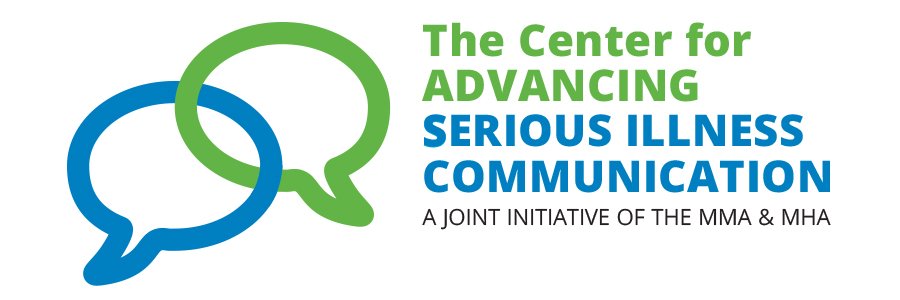
What really matters to your patient?
With the right communication skills, you can ensure your patient’s goals, beliefs, fears and values are included in the care plan.
In times of serious illness, it’s vital that clinicians can discuss not just what is the matter with the patient, but also what matters to the patient. Serious illness communication is one aspect of palliative care - helping treat the whole person, to provide the best care possible.
Learning to ask about family, friends, upcoming milestones, faith and spirituality, goals, dreams and values is important. The more you know your patient, the better both of you will feel about your interactions and what is to come. Sometimes these topics are challenging due to time constraints, discomfort with the topics, or lack of experience in how to navigate this type of conversation.
What if we told you there’s an evidence-based way to efficiently and effectively facilitate these conversations?
We can help you find out.
People want a clinician who is competent, but more importantly,
they want one who will listen to them. Failure in communication is the most frequent source of patient dissatisfaction.
— Angela Coulter, Oxford University

